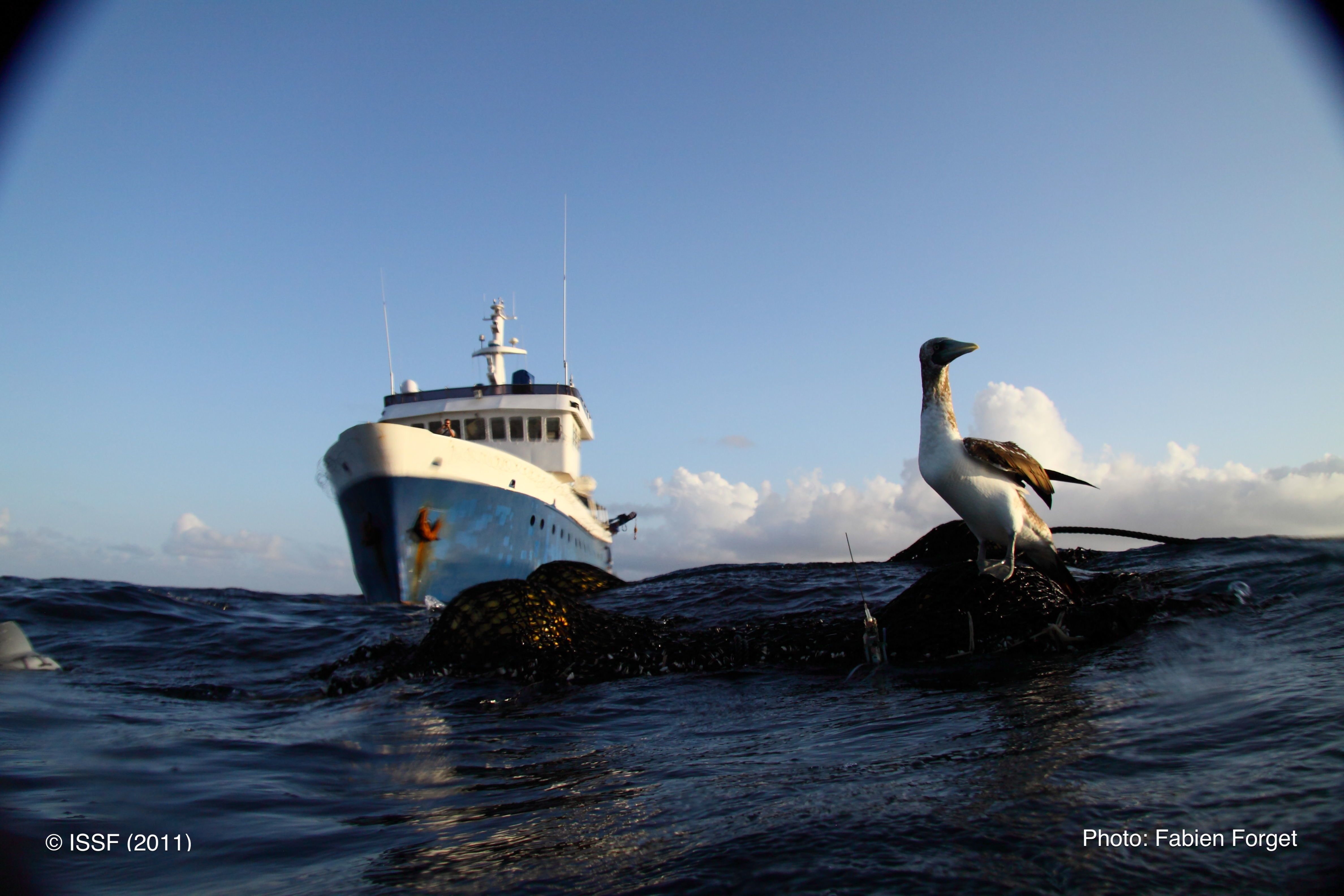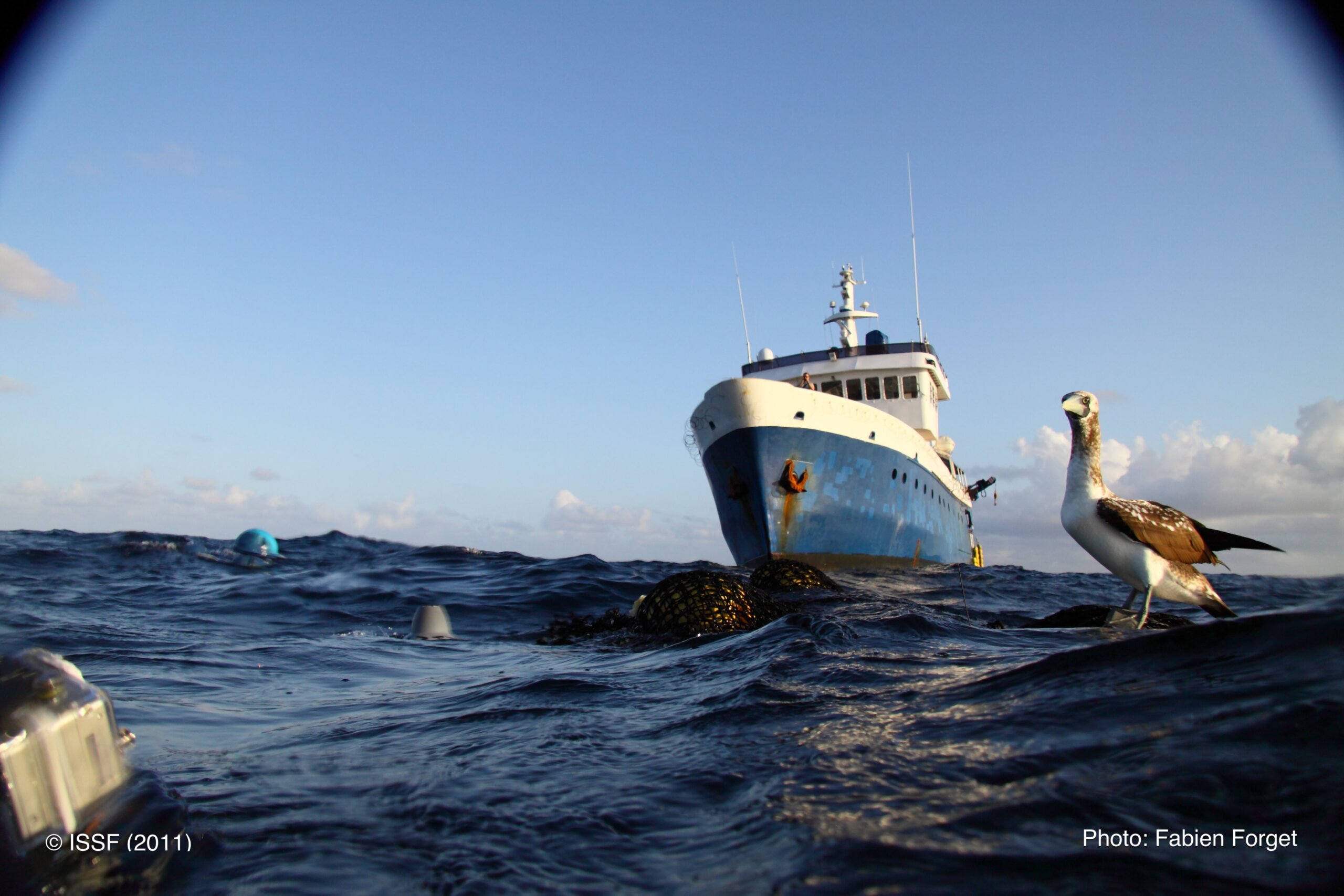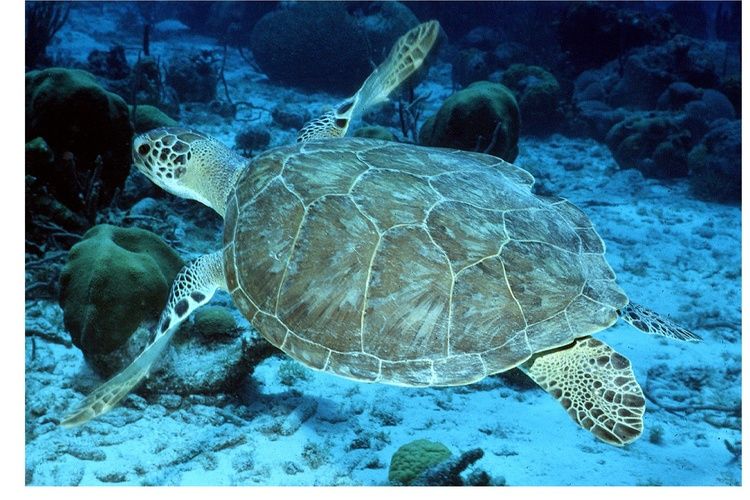
ISSF to ICCAT: Rebuild Bigeye and Yellowfin Tuna Stocks; Improve FAD Data Reporting; and Strengthen Monitoring, Control and Surveillance
The International Seafood Sustainability Foundation (ISSF) has released its position statement in advance of the 21st Meeting of the International Commission for the Conservation of Atlantic Tunas (ICCAT) in Dubrovnik, Croatia, on 12-19 November 2018.
“The 2018 assessment of bigeye tuna shows that the stock is overfished and subject to overfishing, and yellowfin may also be subject to overfishing. ICCAT must take urgent action,” said ISSF President Susan Jackson.
“This time last year, ICCAT scientists were reporting that the established catch limits for bigeye and yellowfin had been exceeded in 2016 by 11% and 16%, respectively. Fast-forward to today, and the bigeye catch limit has been exceeded by 20 percent, and the yellowfin catch limit by 17 to 37 percent. The management of these valuable tuna stocks is getting worse, not better. More should have been done last year, and the upcoming meeting in Dubrovnik offers another chance to get it right.”
Here's what we're urging #ICCAT to accomplish for #sustainability -- and why -- at its upcoming meeting. Share on XISSF is asking ICCAT to adopt stock-specific management measures in line with the advice of the ICCAT scientific committee, which includes: appropriate and fully-allocated catch levels so that ICCAT member countries can know their individual limits; capacity limits that are commensurate with these allocations; and provisions to ensure catches are in compliance with the limits. ICCAT must also consider alternative means to reduce the mortality of bigeye and yellowfin tuna in the purse seine fishery — measures like strengthened FAD management, limitations on the use of supply and support vessels, and expanded time/area closures and effort controls.
Fish Aggregating Device (FAD) Management
On FADs, ISSF asks that ICCAT immediately:
- Address serious gaps in FAD data reporting
- Adopt the FAD definitions and data reporting form recommended by the science committee
- Ensure compliance with the ICCAT requirement for non-entangling FADs
- Promote research into biodegradable FADs
“FAD sets comprise about 50 percent of tuna catches in the region,” Jackson continued. “For 5 years ICCAT has required the submission of FAD data that is necessary to inform the management of the Atlantic’s tuna fisheries. However, each year — and this year is no exception — only a few parties submit the required data, usually in an incomplete fashion, thus hindering analyses by scientists. ICCAT must take concerted action in Croatia to identify this ongoing non-compliance and take steps to ensure FAD data reporting is being fully complied with.”
Monitoring, Control and Surveillance (MCS)
The ICCAT science committee has also noted that the current 5 percent observer coverage requirement for longline vessels is inadequate — because it does not generate reliable estimates of total bycatch. Further, there are data that some longline fleets are not even meeting this 5 percent minimum. Such an absence of information prevents the creation of effective conservation measures for sensitive species caught incidentally in tuna fisheries as well as effective monitoring of compliance on the water.
ISSF’s ICCAT position statement reaffirms its stance that the entire large-scale purse seine vessel fleet should have 100 percent observer coverage on every fishing trip. ICCAT requires 100 percent observer coverage for purse seiners only during the 2-month time/area FAD closure. But ICCAT should follow the advice of the FAD Working Group recommendation to extend the 100% observer coverage on large-scale purse seine vessels to cover the entire year, as the Inter-American Tropical Tuna Council (IATTC) and Western and Central Pacific Fisheries Commission (WCPFC) have done.
ISSF is also urging ICCAT to implement the science committee recommendation to increase the minimum level of observer coverage to 20% for all other major fishing gears, and strengthen compliance with all required observer coverage levels.
At the same time, ISSF urges ICCAT to advance its development of electronic monitoring and reporting standards as soon as possible so as to ultimately achieve 100 percent observer coverage in the longline fishery, and in the purse seine fishery during the entire year — providing estimates of bycatch and improving the overall monitoring of these fisheries.
Finally, ISSF urges ICCAT to develop new binding measures that will ensure the safety of human observers, including those on carrier vessels, following the leadership of WCPFC and IATTC in adopting such a measure.
Other priority improvements in the ISSF position statement include:
- Ensure sufficient funding for scientific work so that concurrent management strategy evaluation (MSE) processes can be completed within the planned timetables.
- Strengthen other monitoring, control and surveillance (MCS) measures, such as vessel monitoring systems (VMS), at-sea transshipment regulations, and Port State Measures.
- Adopt measures to mitigate the incidental catch and maximize the release survival of sharks, mobulid rays, and sea turtles, including best practices for handling and release of such species as have been adopted in other tuna RFMOs.
Read the full position statement in English, French or Spanish on the ISSF website.


